
Our transportation system — the way we move around, whether on foot or bike, via car, bus, truck, or train — in the Northeast and Mid-Atlantic region of the United States is broken. We spend hours in traffic jams, ride overcrowded and delayed buses and trains, are forced to walk and bike on unsafe streets, and suffer from vehicle-related soot and smog, leading to asthma attacks, respiratory diseases, and lost school and work days.
To top it off, motor vehicles are the number-one source of carbon pollution driving climate change, contributing to more intense storms, more severe heat waves, and other dangerous conditions.
The good news is that states in the region are gearing up to do something about our shared transportation woes, a big thing that could improve the lives of millions. A new report from twelve Northeast and Mid-Atlantic states and Washington, D.C., shows that residents are clamoring for clean and modern transportation solutions to solve these problems, create healthier communities, and produce real benefit for people across the region.
The report summarizes feedback that officials from Connecticut, Delaware, Maine, Maryland, Massachusetts, New Hampshire, New Jersey, New York, Pennsylvania, Rhode Island, Vermont, Virginia, and D.C. received from hundreds of business leaders, community members, municipal officials, advocates, and policy experts at a series of public listening sessions held this year.
As NRDC and several other organizations that participated in these listening sessions noted in a press release, these listening sessions provide strong momentum for the states to move forward together with a regional strategy to clean up and modernize transportation.
Among the key takeaways are support from a broad cross section of citizens for:
- Better public transit systems, better planning to enable more walkable and bikeable communities, and cleaner vehicle choices that reduce harmful pollution and better meet all residents’ transportation needs, regardless of income levels and across our urban, suburban, and rural communities.
- Coordination between Northeast and Mid-Atlantic states to develop a regional policy solution to our interconnected transportation system and challenges.
- Sustainable and dedicated funding to improve transportation, with broad support for policies that would price carbon pollution from transportation and use the proceeds to invest in modern, clean, and equitable transportation solutions.
With robust support for modernizing transportation, it’s time for governors in Northeast and Mid-Atlantic states to step up and develop policies that will solve our transportation challenges and build the 21st century transportation system that residents in the region want and need. They should get busy as soon as the calendar flips to 2019.
We have solutions
Over the last decade, carbon pricing and other policies in the Northeast and Mid-Atlantic have helped dramatically cut pollution, saved money through improved energy efficiency, improved air quality and public health, and created thousands of jobs along with billions of dollars in economic growth.
But while we’ve made significant progress in cleaning up power plants, we haven’t seen the same progress in transportation. We haven’t really tried and with many of our transportation challenges continuing to get worse, the time for action is now.
NRDC’s Transportation Reimagined report, released earlier this year, shows that we have a robust set of solutions for transportation that policymakers could look to to deliver real and meaningful benefits to people living in the region’s rural, suburban, and urban communities. Solutions like walkable and bikeable cities and towns, fast and efficient public transit, and clean electric vehicles — including electric buses, cars, trucks and trains — are proven measures to improve transportation options, increase jobs and economic growth, and clean up our air.
Participants in the states’ listening sessions offered many of these same ideas, and others, including by calling on Northeast and Mid-Atlantic states to adopt policies that:
- Make zero emission vehicles more readily available and affordable, such as by ensuring access to clean, renewable-energy-powered charging stations for electric vehicles.
- Ensure affordable clean transportation options are available for low-income individuals, families, the elderly, individuals with disabilities, and frontline communities affected by disproportionate levels of pollution and the effects of climate change.
- Help transition vehicle fleets, including public transit and school buses, to clean vehicle alternatives.
- Provide incentives for pursuing low-carbon transportation options and discourage polluting behavior.
- Promote smart growth, couple affordable housing with transit-oriented development, and develop complete streets that serve all residents, including those traveling on foot and by bike.
- Create new job opportunities, encourage commerce, and drive economic growth.
As they look to modernize transportation, states should learn from this citizen input, from their successes in cutting power plant pollution, and from the numerous real-world, successful examples of efforts to deploy modern and equitable transportation solutions as detailed in NRDC’s report. In so doing, states can solve our region’s many transportation challenges, and do so in an equitable manner that provides clean air while filling gaps in transportation networks that disadvantage many underserved communities.
Next steps
With proven policy frameworks, strong public support, and a clear set of solutions in hand, it’s time for Northeast and Mid-Atlantic governors to start taking action to secure the clean and modern transportation system that residents want and need. Governors can do so by committing to a concrete plan and schedule over the next year to develop a regional policy for clean and modern transportation.
With input from stakeholders across the region, such a policy should set clear and ambitious pollution reduction targets — consistent with protecting our health and avoiding dangerous climate change — while establishing the sustainable funding mechanisms and sources we need to invest in and build a 21st century transportation system that works better for all and improves the quality of life for all.
Bruce Ho is senior advocate, climate & clean energy program, at the Natural Resources Defense Council. This post originally appeared at the NRDC Expert Blog and is reprinted here with permission.
Weekly Newsletter
Get building science and energy efficiency advice, plus special offers, in your inbox.





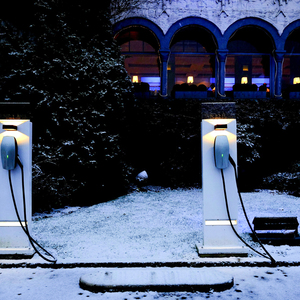
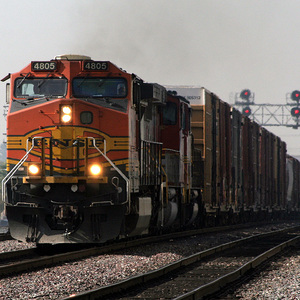
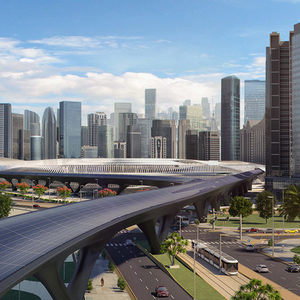
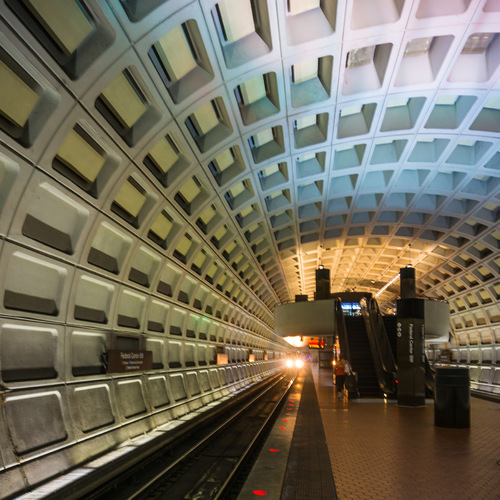


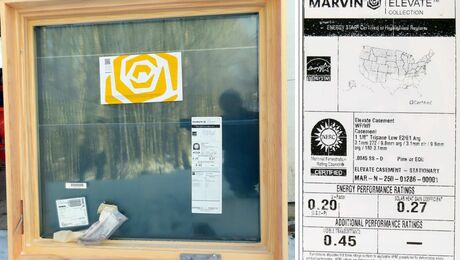



One Comment
Primary issue is land use / zoning. Petroleum-focused land-use and zoning pulls apart communities and spreads out people and property, thereby creating an environment in which petrol use is essential. Anyone ready to tackle land use? It's the only sensible way to get at "transportation" issues.
To be sure, "zero emission" vehicles only shift where the emissions are occurring - not eliminating them: Another win for the fossil industry.
Regardless, fossil infrastructure expands when violent land use policies continue - asphalt roadways and outlandish earth-moving equipment litters the land whether violent emission or zero emission vehicles roll on them.
And we haven't even begun to review freight logistics, systems, modes, and infrastructure...
Best to move about more deck chairs - or emission locations - here, I reckon.
Log in or create an account to post a comment.
Sign up Log in